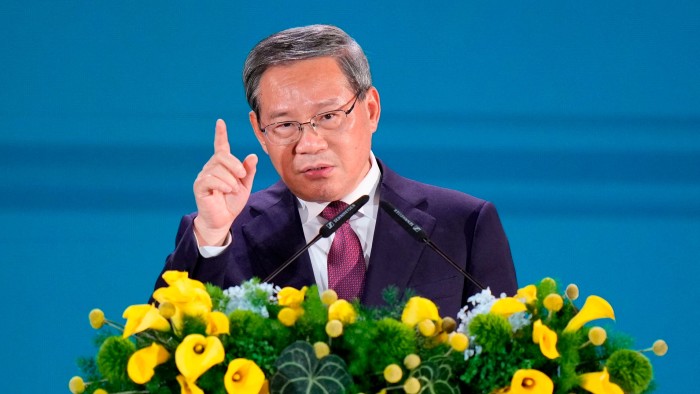Accelerating Trade: The UK’s Drive to Fast-Track the US Deal
In a strategic maneuver aimed at bolstering economic relationships, the United Kingdom is prioritizing the rapid execution of its trade agreement with the United States. This initiative, spurred by shifting global dynamics, seeks to unlock new opportunities and reinforce bilateral ties.
The Context of the Trade Deal
The proposed trade deal between the UK and the USA has been a topic of discussion since the UK’s departure from the European Union in 2020. As the UK redefines its global economic stance, fostering strong ties with the US has become a critical priority. The agreement aims to reduce tariffs, enhance market access, and facilitate smoother trade flows between the two nations.
Motivations Behind the Acceleration
Several factors are driving the UK to fast-track this trade deal:
- Post-Brexit Economic Strategy: The UK is navigating a new economic landscape post-Brexit, seeking to establish itself as a global trading powerhouse.
- Global Economic Uncertainty: In light of recent geopolitical tensions and the economic ramifications of the COVID-19 pandemic, securing a robust trade deal with the US could provide a much-needed buffer against external shocks.
- Innovation and Growth Opportunities: The UK government believes that a swift trade agreement will stimulate innovation, creating jobs and fostering economic growth.
Potential Benefits of the Trade Deal
Experts suggest that a successful trade deal could yield numerous benefits:
- Increased Exports: British businesses could gain improved access to the lucrative US market, leading to a potential increase in exports.
- Job Creation: Enhanced trade relations are expected to create new jobs in various sectors, particularly in manufacturing and technology.
- Investment Opportunities: A stronger economic partnership may attract US investments into the UK, further fueling economic growth.
Challenges and Considerations
Despite the optimistic outlook, several challenges loom over the trade negotiations:
- Regulatory Divergence: Differences in regulatory standards between the two nations may pose obstacles to seamless trade.
- Political Resistance: Domestically, there may be political resistance to the deal, particularly from groups concerned about the impact on local industries.
- Global Trade Dynamics: The shifting landscape of global trade, influenced by rising powers and changing alliances, may affect the negotiations.
Future Outlook
Looking ahead, the success of the UK-US trade deal will hinge on effective negotiation strategies and the ability to address the outlined challenges. Both nations stand to gain significantly, but they must navigate the complexities of international trade and domestic politics. As the UK seeks to redefine its global role, the outcome of this trade agreement could set a precedent for future international partnerships.
Conclusion
The urgency with which the UK is pursuing its trade deal with the United States reflects a broader strategy to solidify economic ties and adapt to a rapidly changing global environment. As negotiations progress, stakeholders from both sides will need to collaborate closely to ensure mutual benefits and sustained economic growth.
Call to Action: To stay updated on the latest developments regarding the UK-US trade deal, subscribe to our newsletter and follow our in-depth analyses on international trade dynamics.
See more CCTV News Daily


